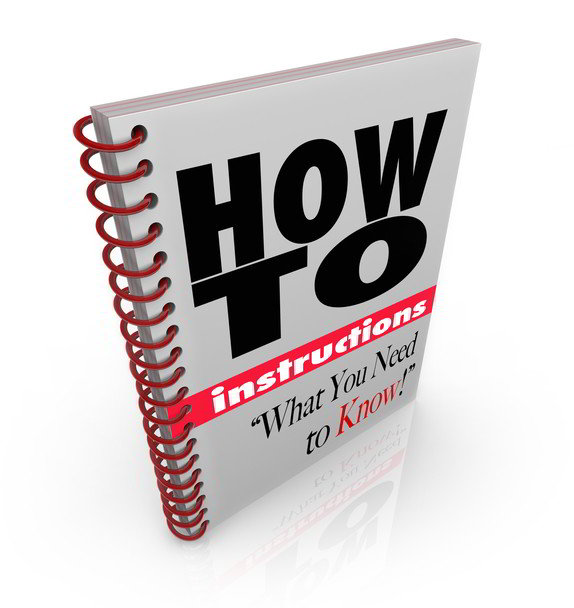Genealogy Quick Start Guide for Beginners

The simple quick start guide presented in this article is meant to get anyone new to genealogy off to a fast start. Keep in mind that even the most knowledgeable genealogy experts started out as a
beginner at some point. There is no shame in being a newbie.
Newcomers to genealogy are often confused about how to begin. This simple 8-step quick start guide will help folks get started researching their family history quickly and inexpensively.
Armed with some basic supplies such as paper, pen, 3-ring notebook with sheet protectors or file folders is all you need to get organized. In addition, you need access to a computer with Internet connectivity to take advantage of all the resources available on the web.
Quick Start Guide Steps
- The first step of this quick start guide is to identify your ancestors. Take out a piece of paper and write down
everything you
know about yourself, your parents, your grandparents, and your
great-grandparents.
List dates and places of birth, marriage, and death, as well as information about places of residence, church affiliation, military service, and occupation. - Next, check your home for sources of information to
document the facts you wrote down in step one.
Seek out family documents such as birth/marriage/death certificates, newspaper
clippings, photograph albums, letters, scrapbooks, family bibles or any other
sources that would help corroborate your facts.
- Get familiar with the basic genealogy charts: Pedigree
Chart and Family Group Sheets. Both charts
can be downloaded in PDF format for free at http://www.familytreemagazine.com/freeforms, then fill out the
charts electronically or by hand on paper.
Alternatively, you can enter your information into a genealogy software program like Family Tree Maker, Legacy Family Tree, RootsMagic or online family tree builder. - Make contact with parents,
grandparents, cousins, aunts and uncles who are knowledgeable about the family. Create a list of all the information you are
seeking and then call them or send them an email with your request.
Your close relatives are the most likely sources for records, pictures and stories about the family members you are interested in and can provide you with specifics on names, dates and places. - Now is a good time
to organize your research. Find some
three ring binders with sheet protectors or file folders to store your paper
documents in. The more family research
you do, the more documents you will collect and small piles will quickly become
mountains if you don’t get organized.
It is also a good time to create a research plan of what data is missing and how you plan to get the holes filled. Start a research log to document each action (both successful and not successful) you made to find the answers. - Make sure to
carefully cite your sources for each data element. After you have been doing genealogy for a
while, it will become abundantly clear that this step is very important to make
sure your research never has to be redone.
- Start the process
of researching what you don’t know about your family’s history and building
your family tree. Technically, a family
history is never really finished as there is always more to discover. You will spend most of your time seeking
records that document your ancestors’ major life events.
There are literally thousands of resources to aid your research, some are subscription based like Ancestry.com and some are free. One of the best places for a beginner to start is the free online website FamilySearch.org. Just type your family member names into the search menu and see what you can find. - Keep learning and
increasing your skills by taking advantage of the many resources available
including books, magazines, websites, blogs, classes, podcasts, television
programs, etc. Seek out others who share
your interest in family history to bounce ideas off and be on the lookout for
mentors that can help you with your research.
This simple quick start guide should give the beginning genealogist enough guidance to get off to a quick start and avoid some of the common pitfalls. The best advice is just to have fun as you connect with your ancestors in a meaningful way.
Read related articles: Getting Started
Beginner
Guide
Genealogy Quick Start Guide for Beginners
Applying the Genealogy Proof Standard to your Research
Google Genealogy Research Toolbox
Find Records
Researching Ancestors through Military Records
Using the National Archives (NARA) for Genealogy Research
Using U.S. Census Records
Canadian Genealogy Research using the Internet
Tips
Genealogy Source Citations Made Easy
Listening to Genealogy Podcasts Made Easy

